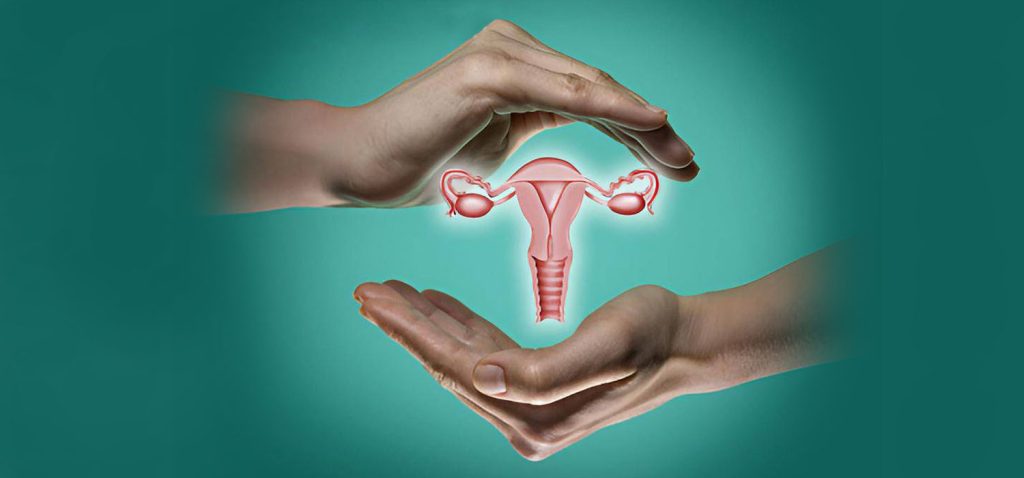Hormones and Fertility: The Critical Connection

Hormones play a vital role in nearly every aspect of human health, but when it comes to fertility, they are especially crucial.Read More
The Role of Hormones in Reproduction
Hormones act as the body’s chemical messengers, traveling through the bloodstream to organs and tissues, regulating critical functions such as growth, metabolism, and reproduction. When it comes to fertility, these hormones ensure that the reproductive system operates smoothly.
For women, hormones control the menstrual cycle, ovulation, and pregnancy. For men, hormones are responsible for sperm production and sexual function. A delicate hormonal balance is required for these processes to occur seamlessly, and even minor disruptions can lead to fertility challenges.
Key Hormones Affecting Female Fertility
Several hormones are directly involved in female fertility, each playing a specific role in the reproductive process:
- Estrogen: Often referred to as the “female hormone,” estrogen helps regulate the menstrual cycle, prepares the uterine lining for implantation, and promotes the maturation of the egg.
- Progesterone: After ovulation, progesterone prepares the uterus to support a fertilized egg and maintain a pregnancy. Low levels can make it difficult to conceive or maintain a pregnancy.
- Follicle-Stimulating Hormone (FSH): FSH is responsible for stimulating the growth of ovarian follicles, which contain the eggs. It helps regulate the menstrual cycle and plays a key role in egg development.
- Luteinizing Hormone (LH): LH triggers ovulation, the process of releasing an egg from the ovary. A surge in LH levels signals the most fertile period in a woman’s cycle.
- Anti-Müllerian Hormone (AMH): AMH levels reflect a woman’s ovarian reserve, indicating how many eggs are available for ovulation. This hormone helps assess fertility potential.
Hormones and Male Fertility
Male fertility also relies on hormones to regulate sperm production and function. The key hormones affecting male fertility include:
- Testosterone: This hormone is crucial for sperm production and sexual function. Low testosterone levels can lead to decreased sperm count and affect a man’s ability to father a child.
- Luteinizing Hormone (LH): In men, LH stimulates the testes to produce testosterone, which is necessary for sperm development.
- Follicle-Stimulating Hormone (FSH): FSH works in conjunction with LH to promote sperm production in the testes.
Hormonal Imbalances and Fertility Challenges
Hormonal imbalances are one of the leading causes of infertility in both men and women. For women, conditions like polycystic ovary syndrome (PCOS) and thyroid disorders can interfere with ovulation and the menstrual cycle. For men, low testosterone levels or other endocrine disorders can result in low sperm count or poor sperm quality.
Lifestyle factors such as stress, poor diet, lack of sleep, and excessive exercise can also disrupt hormone levels, making it more difficult for couples to conceive. Additionally, age is a significant factor, as hormone production tends to decline with age, affecting both the quantity and quality of eggs and sperm.
Fertility Treatments and Hormone Therapy
For couples struggling with infertility due to hormonal issues, medical interventions can help. Hormone therapies, such as Clomiphene Citrate or Gonadotropins, are often used to stimulate ovulation in women. In men, testosterone replacement therapy may be considered if low testosterone levels are contributing to infertility.
In vitro fertilization (IVF) is another option for couples who face challenges related to hormonal imbalances, as the process involves controlling hormone levels to stimulate egg production and ensure successful fertilization.
Conclusion: Balancing Hormones for Fertility Success
Understanding the role of hormones in fertility is key to addressing reproductive challenges. Maintaining hormonal balance through lifestyle choices, medical treatment, and fertility therapies can significantly improve your chances of conceiving. If you’re facing fertility difficulties, a healthcare provider specializing in reproductive endocrinology can offer guidance and potential solutions tailored to your needs.
Related Posts

How Live-In Carers Support Women Through Complicated Pregnancies

Navigating Fertility Challenges: Insights and Innovations


